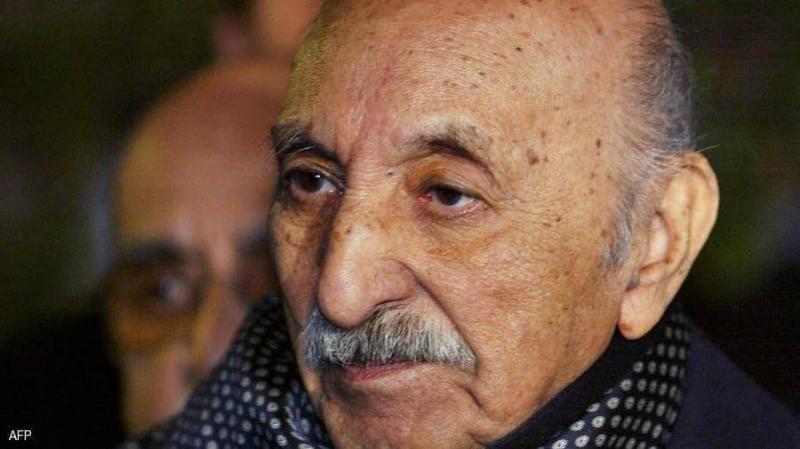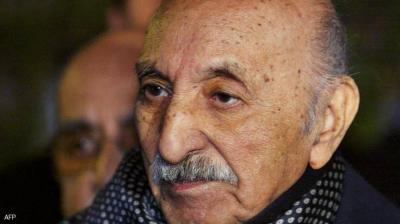King Mohammed Zahir Shah, the last monarch of Afghanistan before the fall of his political regime in 1973, reflects a political era characterized by distinctive "reformist" features, according to observers speaking to "Sky News Arabia." His reign witnessed a series of reformative measures aimed at parliamentary elections, expanding women's rights, and civil freedoms, which raises many questions regarding the Taliban's approach to the constitution he established in 1964.
According to Afghan political researcher Sharif Hotak, Zahir Shah, who began his reign in the 1930s, granted women various rights, including the right to vote in elections. His government in 1933 funded the first university for women who did not adhere to wearing the hijab and opened schools for girls. He also contributed to banning the strict traditional attire imposed by his predecessor Amanullah Khan and prohibited polygamy.
Hotak hints that the last king of Afghanistan placed the Prime Minister at the head of the government, managing the affairs of the country according to the political structures of the monarchical government. He adds, "During his reign, Zahir Shah approved numerous reforms concerning religious and civil liberties, allowing, according to Article 26 of the constitution, religious freedom as a right for all and establishing an official state flag, which remained in use before the Taliban raised their own flag."
However, despite all his reformative measures, the last king of Afghanistan took a rigid stance regarding the formation and activity of political parties, according to the Afghan political researcher, who attributes this to the nature of the monarchical political system at the time, where there were complicated conditions surrounding political party activities per Article 34 of the constitution.
Moreover, political scientist Mohammed Rabea Al-Dihi notes that Zahir Shah was the last king of Afghanistan in 1973, who was overthrown in a military coup while the constitution, closely associated with him, was suspended. Al-Dihi stated in his talk with "Sky News Arabia" that Zahir Shah "ruled from the shadows after ascending to the throne at the age of 19 following the assassination of his father in 1933."
Al-Dihi adds, "In 1964, he created a constitution that established a constitutional monarchy in Afghanistan, prohibiting family members of the ruling house from holding public office. The constitution stipulated the existence of an elected parliament, an independent judiciary, and the preservation of the country's territorial unity while rendering Zahir Shah not accountable to the parliament or the people."
During his years of rule, Zahir aimed to unify the country and resist the separatist tendency among the Pashtun tribes in northern Afghanistan, which pressured for autonomy along the border with Pakistan. The king remained committed to the unity of the country throughout his reign and managed to attract foreign funding by implementing several legislative reforms related to liberties and adopting a neutral policy towards all countries.
Many researchers believe that Zahir established a secular state and constitution in the country, according to the same source, which the Taliban is trying to exploit to gain the trust of the international community, especially since many nations regard the Taliban's presence in power as a threat to freedoms in Afghanistan.




